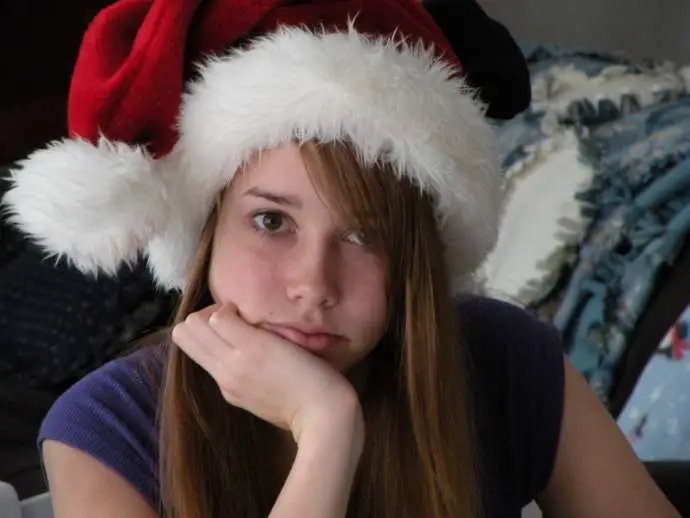STA, 23 December 2021 - The government has introduced new restrictions around gatherings and reduced the validity of tests, but it also paved the way for New Year's Eve celebrations for those who are tested, regardless of vaccination status.
Under a decree adopted on Thursday and set to take effect on Friday, there will be no outdoor celebrations on New Year's Eve.
Parties will however be allowed at indoor venues, as the bar curfew was lifted just for that night. All guests, including reconvalescent and the vaccinated, will have to produce a test no older than twelve hours.
For guests that are not tested beforehand, indoor venues like bars or restaurants will be required to provide rapid antigen testing immediately upon arrival.
The government says it is harder to control compliance at outdoor revelling than at indoor parties. "As the Omicron variant spreads, we cannot afford elevated risks to people's health," said Polona Rifelj, a state secretary at the prime minister's office.
For Christmas and New Year's, private gatherings of members of no more than three households will be allowed. All guests over six years of age are recommended to test.
New restrictions beyond the New Year's Eve celebrations include a shorter validity of tests. PCR tests will be valid for 48 hours and rapid antigen tests 24 hours, respectively down from 72 and 48 hours.
The number of participants in cultural and sports events will be capped at 750. A Covid pass and face mask remain mandatory for all visitors, according to government spokeswoman Maja Bratuša.
Meanwhile, the limit of one customer per 10 square metres of floor space for all shops has already entered into force today, as the holiday shopping spree reaches its peak.
The government also extended the partial reimbursement of income for workers who were quarantined or absent from work due to force majeure, such as childcare. The measure was put in place for the period from 1 July to 31 December 2021, and is now extended until the end of February 2022.
"With this measure, we are helping the most vulnerable part of the economy, like the self-employed, founders of cooperatives, and farmers," said Polona Rifelj. The reimbursements range from EUR 250 for 10 days' absence to EUR 750 for the whole month.






